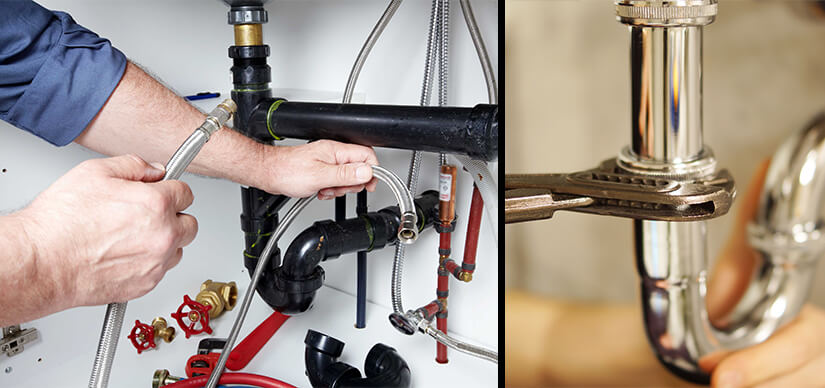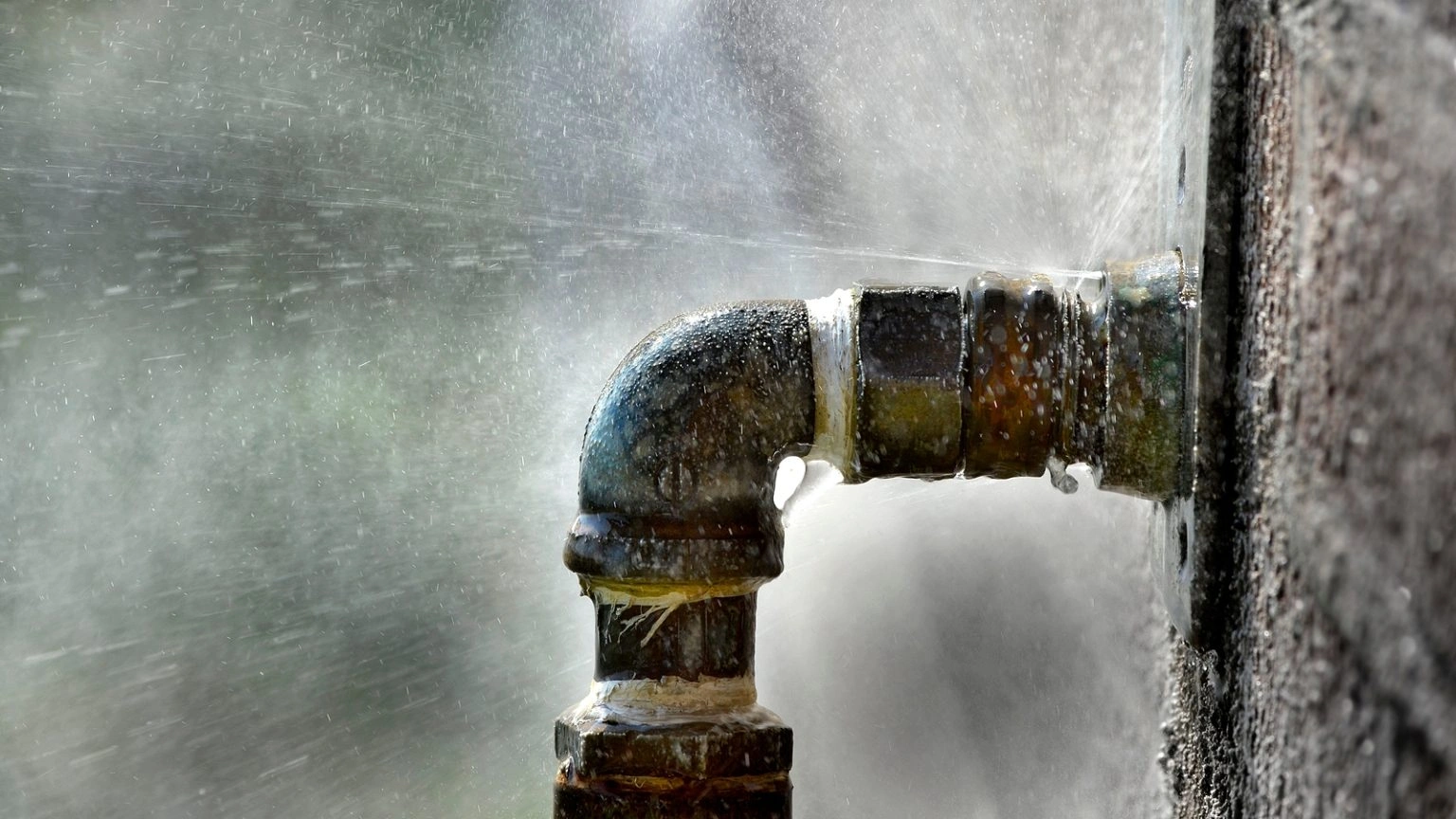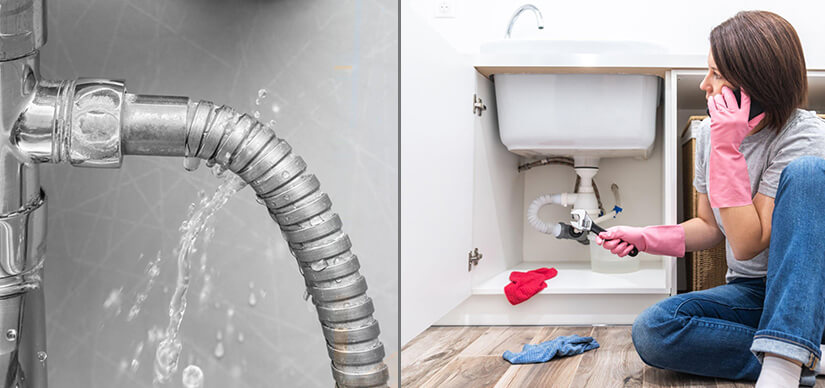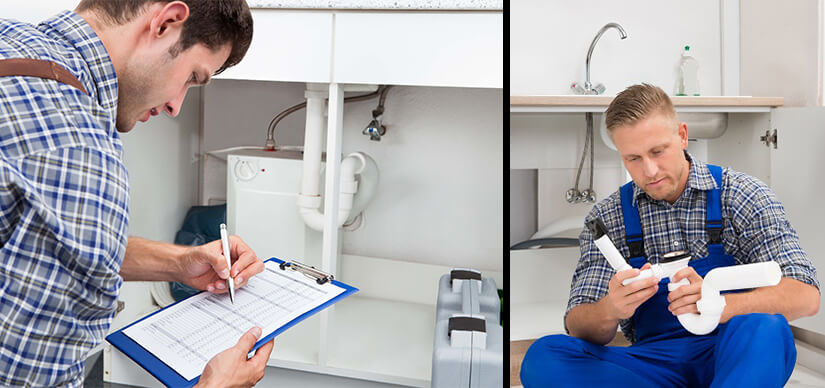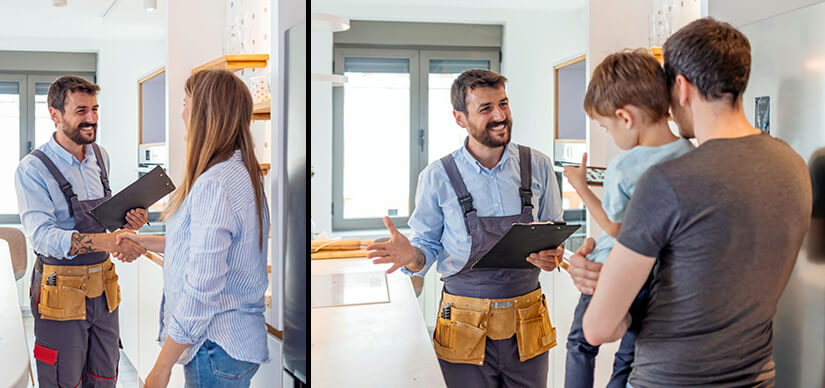How to Keep a Plumbing System in Good Condition
Maintaining a healthy plumbing system is essential for a safe and comfortable home environment. Unfortunately, plumbing problems can happen at any time and often require the services of an emergency
Thankfully, there are steps you can take to help keep your plumbing system in good shape and reduce the need for costly repairs or maintenance.
In this blog post, we will go over the basics of how to maintain a healthy plumbing system, including tips for regular maintenance, identifying signs of trouble, and when to call a plumber in Irvine.
Regular inspections
Regular inspections by a professional plumber can help identify potential problems before they become bigger and more costly to repair.
During an inspection, the plumber will check pipes, fittings, fixtures, and appliances for leaks, corrosion, and other issues that can impact the health of your plumbing system.
Check for and fix leaks promptly
Leaking plumbing fixtures can lead to costly water damage, so it is important to check for and fix leaks promptly. If you notice any wet spots on walls or floors or hear running water when no faucets are in use, you may leak.
If you’re not sure where the leak is coming from, you should contact an emergency plumber in Irvine who can help you diagnose the issue.
If the leak is minor, you can try repairing it yourself with a pipe wrench and some replacement parts. Otherwise, you will need to hire a professional plumber to repair it for you. In either case, you must fix the leak quickly and thoroughly prevent water damage.
Leaking fixtures can also indicate larger underlying problems with your plumbing system, so it is important to inspect all of your pipes regularly.
If you ever have any doubts or concerns about your plumbing system, be sure to contact an emergency plumber in Irvine right away.
Use strainers
Strainers in sinks, showers, and bathtubs can prevent hair, soap, and other debris from clogging pipes. Cleaning the strainers regularly can help keep your plumbing system running smoothly.
Start by using a soft cloth or sponge to wipe away any dirt or debris that has accumulated on the strainer.
After you have wiped it clean, use vinegar or baking soda as an all-purpose cleaner to eliminate any bacteria or grime that is lingering on the surface of the strainer.
If necessary, you might also need to use a brush or scraper to get rid of tough buildup. Reattach the strainer after you’re done and wash it with warm water before using it once more.
Avoid flushing inappropriate items
Do not flush anything other than toilet paper and human waste down the toilet. Flushing items such as sanitary products, baby wipes, and paper towels can cause clogs and backups in the plumbing system.
They don’t break down easily like toilet paper and will stay intact when they reach the sewage line. Clogged drains and backed-up sewage lines can be costly to repair or replace, so it’s important to only flush things that are designed for them.
Never try to flush away small objects or excess food scraps into the sink either; these too will result in clogged drains or pipes.
Avoid chemical drain cleaners
Hiring an emergency plumber will help you keep your plumbing system functioning properly and healthily. Regular inspections can help find any problems that might need to be fixed before they get worse.
To lessen the number of contaminants that enter the plumbing system in your home, water filtration systems can be installed.
Insulate pipes
Insulating pipes, especially in unheated areas, can prevent them from bursting during cold weather. Pipes that are not insulated are more likely to freeze and cause damage to the plumbing system.
Regularly check fixtures
Regularly check fixtures such as toilets, faucets, and showerheads for leaks or drips. Your water bill may go up if your faucet has a leak, which can waste a lot of water.
Install a water softener
If you have hard water, consider installing a water softener to protect your pipes and appliances. Hard water can cause buildup in pipes and fixtures, reducing water flow and causing damage over time.
Mind water pressure
High water pressure can strain pipes and fixtures, leading to leaks and other problems. Check and adjust your water pressure if necessary. Most homes have a pressure regulator that can be adjusted to reduce pressure.
Hire a professional plumber
If you have any concerns or notice any issues with your plumbing system, it is best to hire a professional plumber for repairs or advice.
Plumbers are trained to diagnose and repair plumbing problems, and they have the tools and expertise to keep your plumbing system in good health.
Always keep your drains clean
One of the best ways to maintain a healthy plumbing system is to keep the drains clean. This will help prevent clogs and the buildup of bacteria and debris in your pipes.
You can maintain your drains in a number of different ways. You can identify any issues early so they can be fixed before they become more serious with routine drain cleanings.
Using a water softener is one of the best ways to keep your plumbing system functioning. A water softener is a device that removes calcium, magnesium, and other minerals from your home’s water supply.
These minerals can cause build-up in pipes, faucets, and appliances, reducing the efficiency of your plumbing system.
Use water softener
A water softener will help you avoid costly repairs due to mineral build-up in your plumbing system. It also makes it easier to clean appliances and fixtures since these minerals are removed from the water supply.
The lifespan of soaps, shampoos, and detergents can be increased by using a water softener to reduce soap scum and make lathering easier.
Installing a water softener is relatively straightforward. Many hardware stores carry water softeners that can be installed by a professional or by yourself.
If you choose to install it yourself, just make sure you follow the manufacturer’s instructions carefully. You’ll also need to check your local laws and regulations for any restrictions on using water softeners.
Not only should a water softener be installed, but it should also be regularly maintained. This involves changing the filter cartridge on a regular basis and inspecting the system for leaks or obstructions.
If you use a water softener and perform regular maintenance, your plumbing system will remain sound and functional for many years to come.
Reduce shower jet water pressure
Having a shower with powerful jets can be a great way to relax and rejuvenate, but the pressure of the water can be too much for your plumbing system.
It can lead to water leaks or burst pipes, both of which can be expensive to fix. Think about adding a pressure regulator to your showerhead to lessen the possibility of this happening.
This will control the showerhead’s water pressure and lower it to a level that is safe for your plumbing system.
A lower pressure setting should also be selected for your shower’s adjustable jets, if you have them. This will help protect your pipes from any unnecessary damage.
Conclusion
Regular inspections, staying away from chemical drain cleaners, not flushing inappropriate items, using strainers, and quick leak repairs are all necessary to keep your plumbing system in good shape.
You should also keep an eye on the water pressure in your home, install a water softener, insulate the pipes, and check fixtures regularly.
Keep your drains clear, lower the pressure of your showerhead, and contact All Star Plumbing & Restoration if you experience any problems.
These procedures can help you maintain a sound plumbing system and stop future issues from developing.
Related Posts


